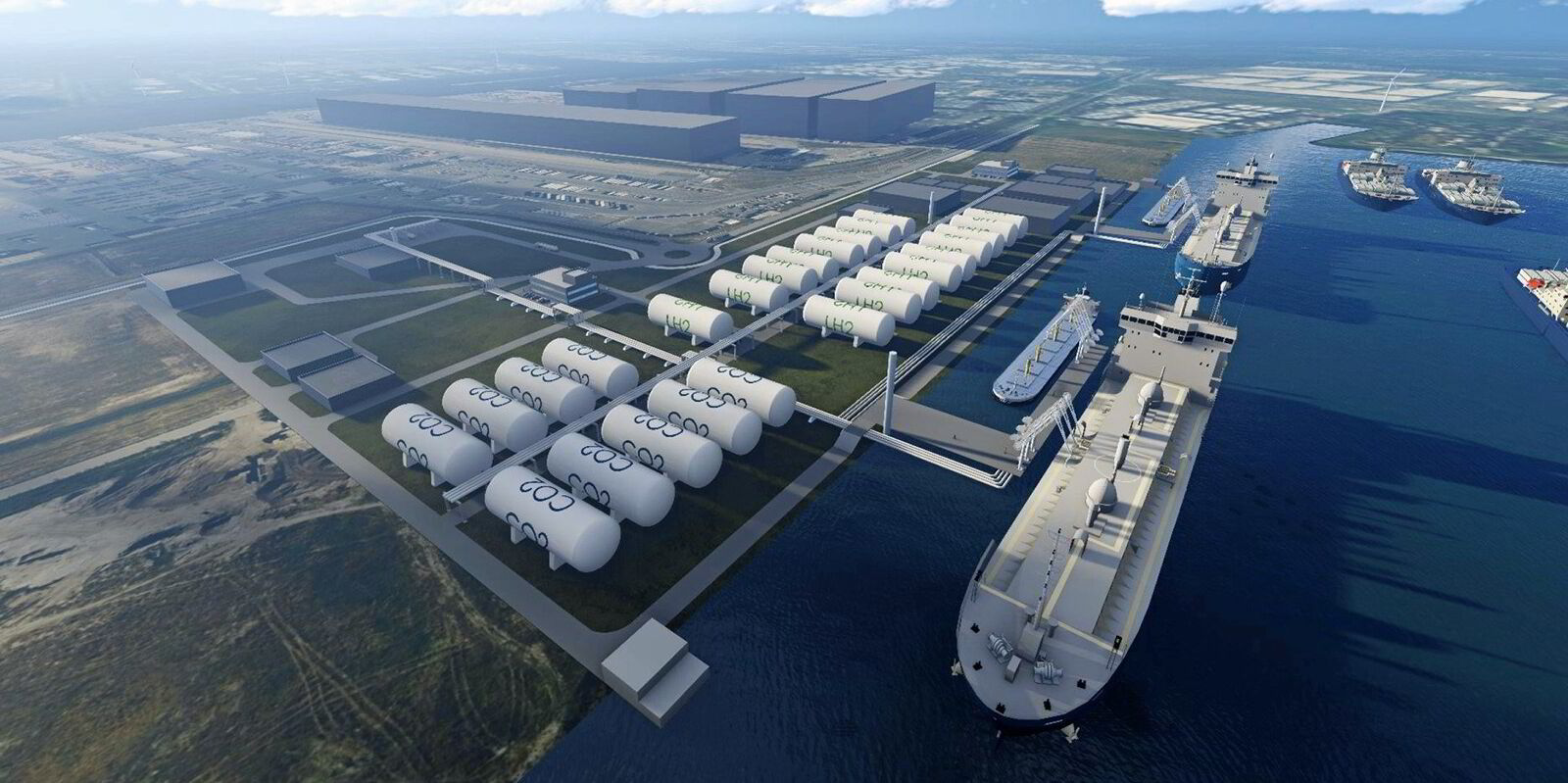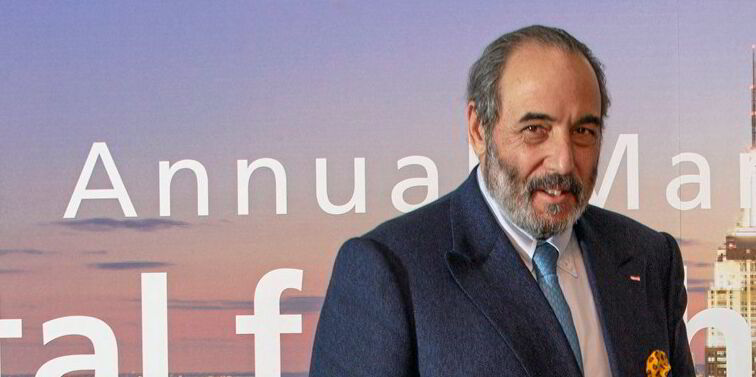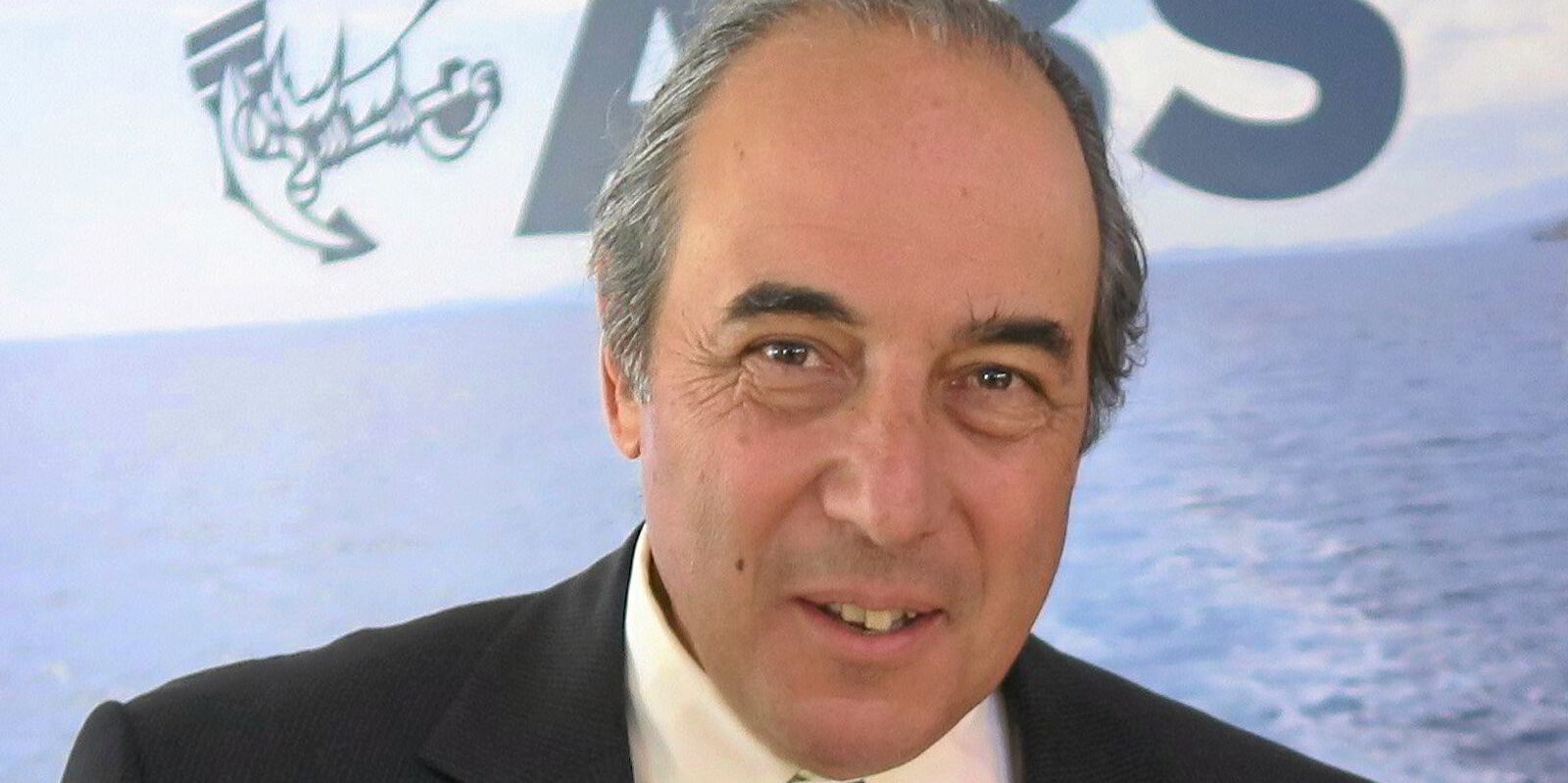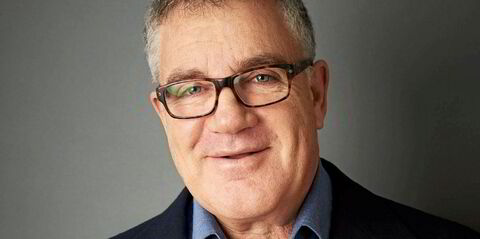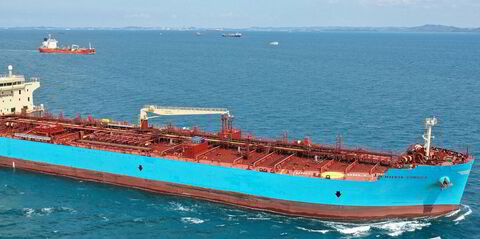Peter Livanos’ liquefied CO2 shipment venture Ecolog is signing a pair of landmark collaboration agreements with the Dutch arm of Tata Steel on a project to ship green hydrogen and liquefied CO2 between Norway and the Netherlands.
On Thursday, during a two-day working visit to Bergen and Oslo, King Willem-Alexander of the Netherlands, Tata Steel Netherlands, Ecolog, Norwegian energy producer Gen2 Energy and the Port of Amsterdam are signing an agreement to import green hydrogen into the Dutch port.
The hydrogen for this project would be produced from hydropower in Norway by Gen2 Energy, which has four projects under development.
The green hydrogen would then be cooled and exported in liquefied hydrogen carriers of about 30,000 cbm, designed and built by Ecolog.
It would then be shipped to Ecolog’s own terminal in the Port of Amsterdam, where the company would regasify it and send it to Tata by pipeline.
Tata, the Netherlands’ largest CO2 emitter, would then use it to decarbonise its steel production.
But Tata said in a statement that even when steel is produced with green hydrogen, CO2 is released.
Under a second collaboration agreement also being inked today in Bergen, Tata and Ecolog are signing up with Norwegian CO2 aggregator and sequester Horisont Energi, the Port of Amsterdam, CO2 pipeline operator OCAP, banks DNB and ABN Amro on the creation of an export corridor for CO2 from the Netherlands to Norway.
The CO2 would be captured at Tata’s steel plant and aggregated with volumes from other companies in the region.
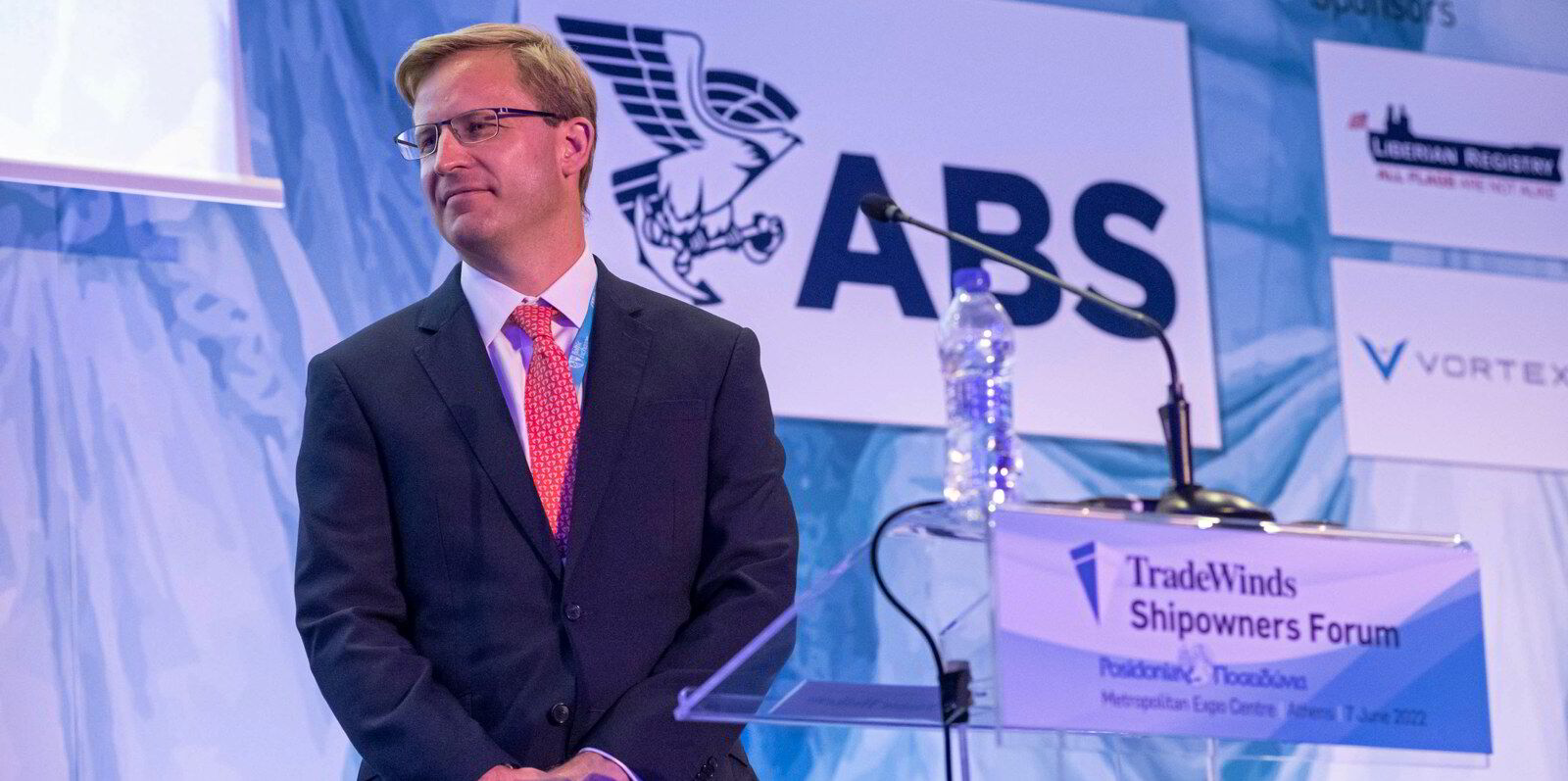
Tata explained that the cold energy released during the regasification of the liquid hydrogen, which is shipped at around minus 250C, at Ecolog’s terminal would be used to liquefy the CO2 at the same location.
This would then be shipped in Ecolog’s specialised LCO2 carriers of about 22,000 cbm to Horisont Energi’s import terminal in Norway for permanent sequestration on the Norwegian Continental Shelf.
Horisont Energi is planning the 24-mtpa Gismarvik CO2 Hub at Haugaland Business Park as the import terminal and injection hub for CO2.
“This creates a liquid hydrogen/CO2 corridor,” the steelmaker said, “allowing Tata Steel to produce completely emission-free steel.”
The two agreements act as first steps for the companies to work together on what would be a complex but pioneering project. But as yet no commitments have been made to volumes of hydrogen or CO2.
Those following the project said it could be in place by the end of this decade if all the elements come together.
Ecolog chief commercial officer Jasper Heikens said: “As we lead the efforts to bring together CO2 emitters, midstream infrastructure providers and CO2 sequestration partners, our goal is to forge a collaborative path towards decarbonisation.”
He added: “The Gismarvik CO2 Hub is strategically positioned to play a key role in this goal, serving as a technically mature project with the capacity to receive large ships and significant CO2 volumes from Europe.”
Livanos spun off Ecolog as a separate business venture to focus on shipping and terminals for the emerging carbon capture storage and utilisation sector. He formally unveiled the company in 2022.
In June this year, Ecolog won approval in principle for its new design of low-pressure, shallow-draught LCO2 carriers, following a joint industry project, and firmed up a wind-assisted vessel.
More recently EcoLog partnered with a group of companies aiming to create the carbon capture and transport hub 7CO2 in the UK’s south-west that would use LCO2 carriers to connect to offshore geological storage sites.
Livanos’ LNG arm, GasLog, has been working on the development of green hydrogen chains, specifically one from Oman to Amsterdam.
